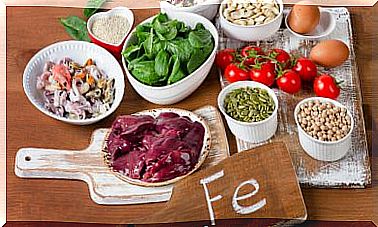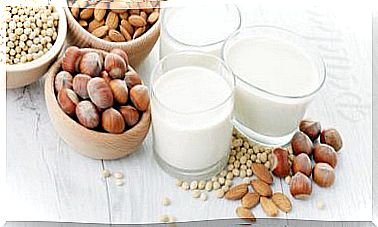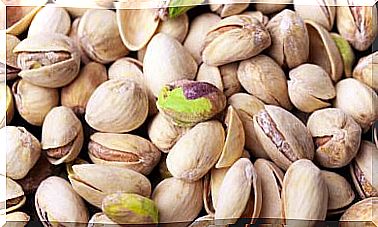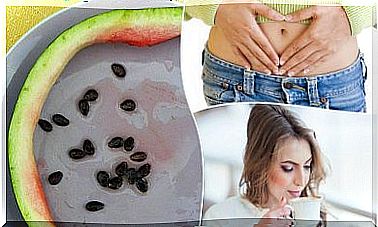Properties Of Thyme And Its Benefits
Thyme is one of the most common plants in the kitchen and very easy to find in stores and supermarkets in many parts of the world. In addition, it is increasingly common to have a plant of this species in the garden or on the terrace.
It’s no secret that thyme can be used as a seasoning to flavor foods, especially soups and meats. Interestingly, its use as a medicinal plant is less well known.
This time we want to bring you some of the main properties of thyme, which can make it an important fungicidal agent or a remedy to counteract the effects of acne.
Thyme properties
The scientific name for this widespread plant is Thymus vulgaris , it grows best in sunny areas with constant warm temperatures throughout the year. It is a perennial plant (it never loses its leaves) with small, lilac-colored flowers, and its leaves that grow along separate, thin branches.
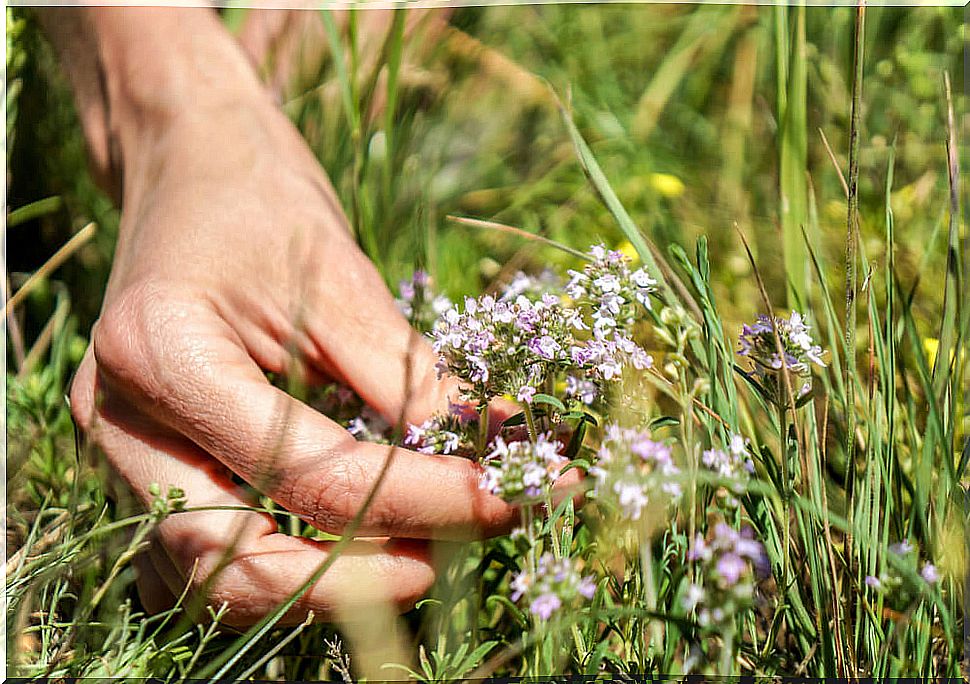
Thyme as an alternative medicine
Thyme has been proven effective in fighting acne, as it has been shown to be more potent against acne- causing bacteria than other compounds that are widely used to combat acne . Although a possible treatment based on thyme is still being worked on, the results show the great potential of this plant.
There is also no doubt about the antiseptic qualities of thyme, a powerful agent for destroying infection-causing microbes. For example, you can use a thyme infusion to gargle in case of a sore throat.
Thyme oil can also be used to fight fungal toenail infections. It is recommended to put the feet in a container with enough water to completely cover the toes, and add 2 drops of thyme oil, keeping the feet submerged for about 20 minutes.
Likewise, due to its antifungal properties, it is also recommended as a remedy against mold that proliferates in the home. A publication by the Letters in Applied Microbiology supports this property.
Specifically, the essential oil of thyme and thymol have the ability to disinfect those homes where there are low concentrations of humidity.
Thyme as a condiment
As a general recommendation, it is advisable to incorporate the thyme at the beginning of the preparation, so that it releases its essence and better season the dish. Its leaves are very good in different types of recipes and give them a special touch.
It is especially good in dishes that require a long preparation, such as potatoes roasted with thyme, or roasted meat in the oven, since it infuses food with flavor. Take advantage of all the properties of this plant while giving your meals an incomprehensible flavor.
Incorporate this versatile aromatic herb into your kitchen and have it presented as an alternative (not a substitute for medical treatments) to alleviate the aforementioned problems and ailments.


